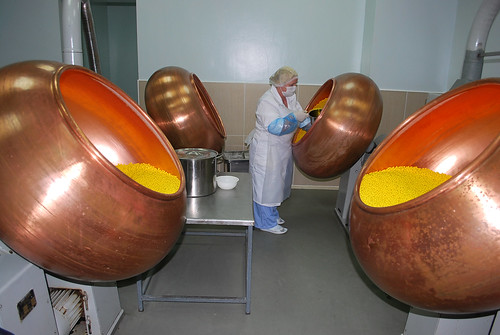Hartmut Lehmann is a Professor of Economic Policy at Bologna University and Program Director of the IZA research area Labor Markets in Emerging and Transition Countries.
As transition and emerging economies continue to restructure their enterprises, worker displacement — that is, involuntary layoffs — is inevitable. But is the process random as to which types of workers suffer most? And how large are the costs to individual workers and the overall economy?
These are questions that Hartmut Lehmann — Professor of Economic Policy at Bologna University and Program Director of the IZA research area Labor Markets in Emerging and Transition Countries — recently explored. He focused on the former communist transition countries of Central and Eastern Europe and the Commonwealth of Independent States, along with China.

Lehmann tells the JKP that studies show that displacement imposes large costs on the individual workers affected as well as on the economies at large, although better data on the topic is essential. For the individuals, he says, the costs typically take the form of foregone earnings stemming from long spells of non-employment, heightened job insecurity, reduced health for themselves and their children, and psychological costs (like depression). Those hardest hit are the less educated and less skilled. What can policy makers do? He says the key is to pinpoint which types of workers are being displaced and what are the constraints they face in trying to find new jobs. Then governments can devise the right equity — and efficiency-enhancing policies — such as income support, job search counseling, and retraining.
This post was first published on the Jobs Knowledge Platform.


Join the Conversation